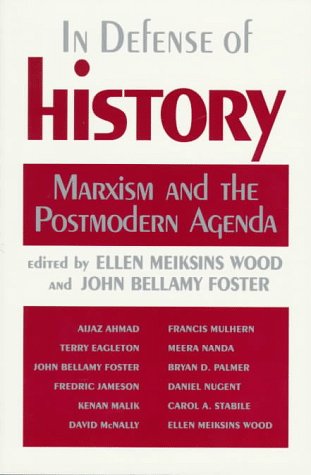“Henry Salt, Socialist Animal Rights Advocate: An Introduction to Salt’s ‘A Lover of Animals,” [PDF], (coauthored with Brett Clark, Clark listed first), Organization and Environment, vol. 13, no. 4 (December 2000), pp. 487-92.
Henry S. Salt (1851-1939) remains largely unknown today, despite his central role in social and humanitarian movements throughout the late 19th and early 20th centuries. Salt is briefly mentioned in passing when discussing the history of animal rights activism, but serious consideration of his philosophical position has not been conducted. General interpretations of Salt often recognize that he was a socialist, and animal rights are seen as an additional interest of his. Likewise, animal rights advocates view him as an animal rights activist who happened to be a socialist. But for Salt, these positions were not separable. A philosophical understanding of materialism provided the foundation for Salt’s commitment to a wide range of humanitarian causes.



